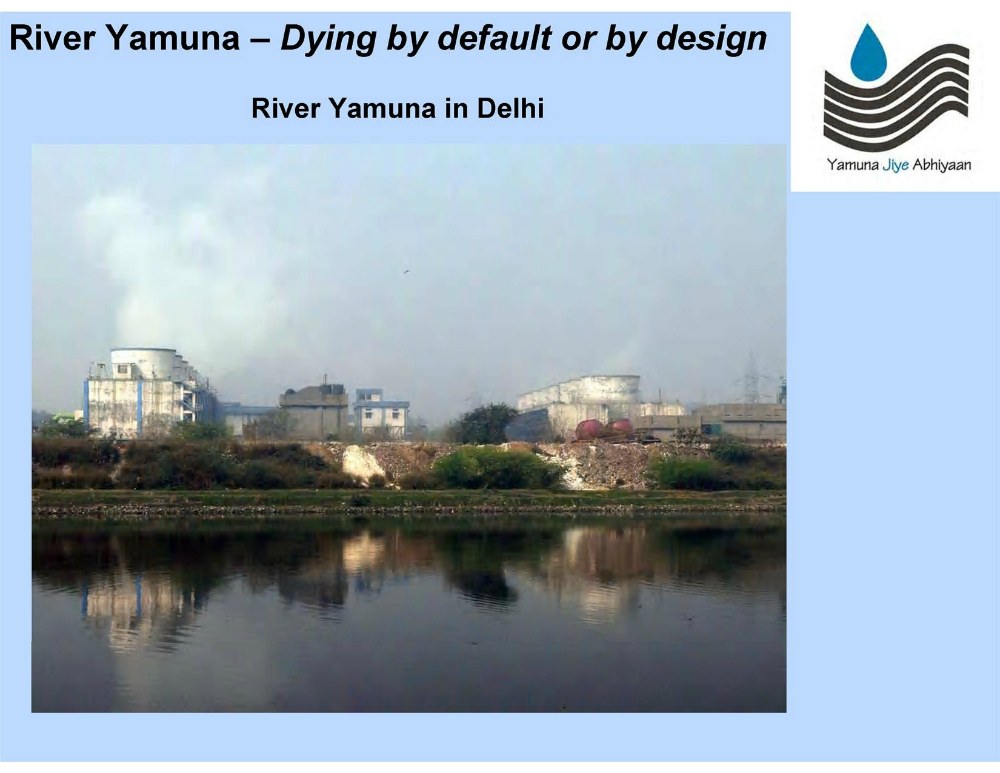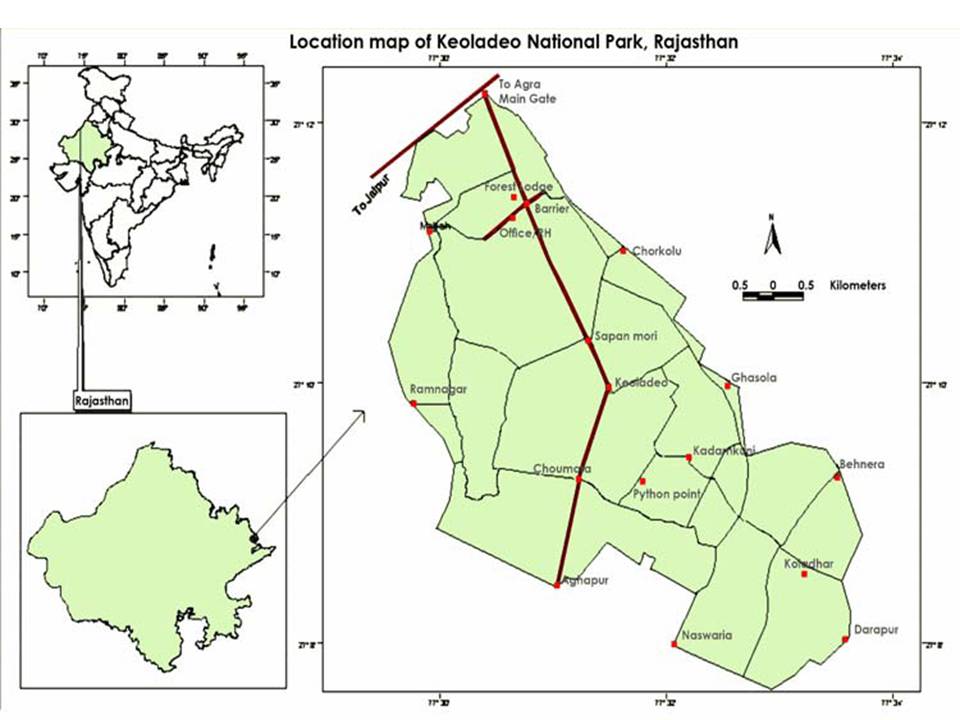Surface Water
River Yamuna - Dying by default or by design: A public lecture on river Yamuna
Posted on 14 Jan, 2012 05:24 PMIt aims to inform, enlighten and suggest solutions to bring back the river Yamuna to a healthy and resilient state.

India, Pakistan and water - Lecture by Ramaswamy Iyer at MIDS
Posted on 12 Jan, 2012 10:57 PMIt traces the roots of the conflicts to the strained relations between India and Pakistan following the partition and the framing of the Indus Water Treaty in 1960.
One day seminar ‘What we must do to save the rivers of Maharashtra’, NWO, Pune, January 30, 2012
Posted on 12 Jan, 2012 10:21 AMOrganizers: National Womens Organization (NWO),
Gandhi National Memorial Society(GNMS),
National Ganga River Basin Authority (NGRBA).
Wetlands for water quality management – The science and technology: A paper from Current Issues in Water Management
Posted on 10 Jan, 2012 10:24 PMThe introduction begins witha brief overview of wetlands: their nature and services offered. These wetlands are ecosystems with water that is static or flowing and characerized by emergent , floating and submerged aquatic vegetation. Some of the services provided by wetlands are fish and fiber, water supply, water purification, flood regulation, recreational opportunities and tourism. It then details the importance of wetlands for water purification.Toxins enter the wetlands through farms, factories and runoff. These toxins are broken down or otherwise buried using a variety of bacteria.

Location map of Keoladeo National Park
Changing currents: Plumbing the rights: A film highlighting water as a common good
Posted on 10 Jan, 2012 08:55 PMSource: Culture Unplugged
Shades of blue: A symposium on emerging conflicts and challenges around water - Seminar magazine
Posted on 10 Jan, 2012 07:53 PM(as posed by Sunjoy Joshi, Director and Distinguished Fellow, Observer Research Foundation, Delhi)
Democratisation of water management - The experience of Tamil Nadu with governance reforms
Posted on 09 Jan, 2012 12:18 PMNor is the introduction of the private sector and the reduction in the role of the government going to help. Rather, the time has come to introduce changes at the basic or the fundamental level in the way in which the water sector functions.
There is an urgent need to bring about reforms in governance by moving towards decentralisation and democratisation, leading to involvement of people from all the sections of the society, who know and understand that they are responsible for the system and its functioning, as well as by introducing principles of equity and social justice. The papers demonstrate the successful implementation of this approach by describing the experience of Tamil Nadu at democratising water management through introduction of reforms at the level of governance, through involvement of the Tamil Nadu Water Supply and Drainage Board (TWAD).
Norms and standards of municipal basic services in India: Report by the National Institute of Urban Affairs
Posted on 07 Jan, 2012 10:04 AMStudies indicate that the levels of infrastructure services available in urban regions in India are improving, however their quality is still debatable. This paper uses secondary data available from various government report to review the norms and standards for the following basic services
- Water supply
- Sewereage
- Solid waste management
- Primary education
- Preventive health care
In addition resource gaps and measures to bridge these gaps are also examined.
Examining the storm protection services of mangroves of Orissa during the 1999 cyclone – A special article in EPW
Posted on 06 Jan, 2012 11:03 PMThese ecosystems provide a bunch of direct and indirect services to humankind. This special article in Economic and Political Weekly (EPW) by Saudamini Das examines whether the mangrove forests in Kendrapada district of Orissa played any protective role during the severe cyclone that hit the state in October 1999.
Floods in Orissa: No lessons learnt – An article in EPW
Posted on 06 Jan, 2012 02:26 PMThis article by Kishore C Samal in the Economic and Political Weekly (EPW) discusses how in the natural disater prone state of Orissa the authorities have not been able to draw up an effective disaster management plan and politicians continue to play politics with relief works. It argues that for dealing with these disasters and the relief and rehabilitation work that follows what is needed is the participation of the local community and functionaries of panchayati raj institutions, and coordination with national and international bodies.





